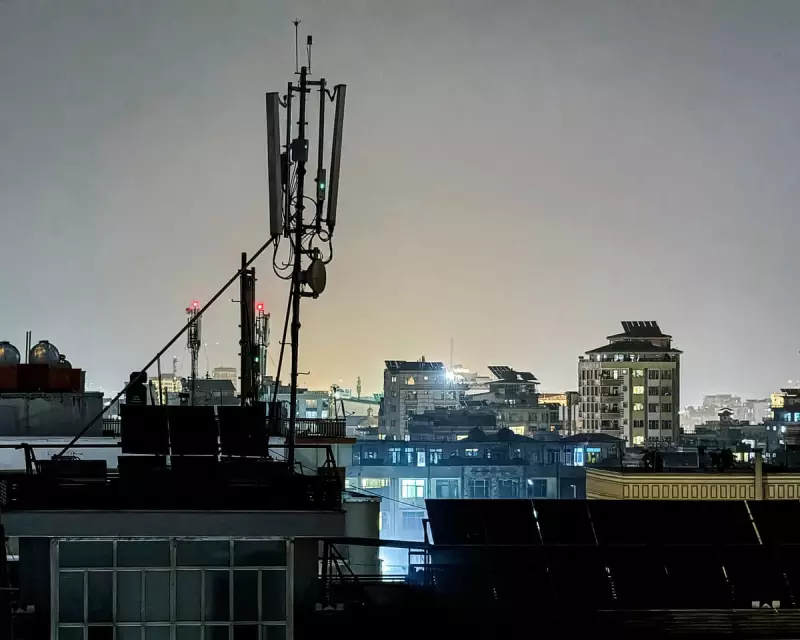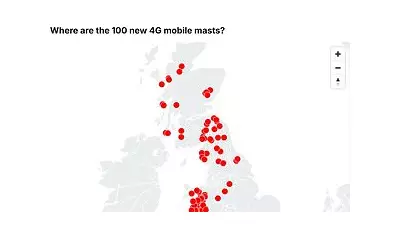
Afghanistan has been thrust into a state of near-total digital isolation following a draconian order from Taliban authorities to shut down all telecommunications services across the nation.
Complete Communications Collapse
The unprecedented blackout, which began earlier this week, has effectively severed millions of Afghans from mobile communications and internet access. Telecommunications companies received direct orders to cease operations, leaving citizens unable to contact family members, access emergency services, or conduct essential business.
Economic and Humanitarian Catastrophe
The shutdown has triggered immediate economic chaos, with businesses unable to process digital payments and individuals cut off from banking services. The move represents the most severe communications restriction imposed since the Taliban returned to power in 2021, far exceeding previous regional or temporary shutdowns.
International Outcry Grows
Human rights organisations and international bodies have condemned the blackout as a violation of fundamental rights. "This represents a deliberate strategy to isolate the Afghan population from the outside world and suppress dissent," stated one humanitarian worker who requested anonymity.
Key Impacts of the Blackout:
- Complete disruption of mobile network services nationwide
- Total internet blackout affecting businesses and households
- Inability to access emergency services or contact relatives abroad
- Collapse of digital payment systems and banking operations
- Isolation of journalists and human rights monitors
The telecommunications ministry, now under Taliban control, has provided no timeline for service restoration, leaving the country's future connectivity hanging in the balance.





